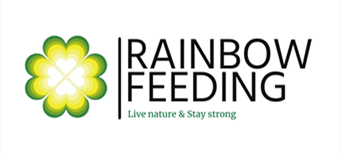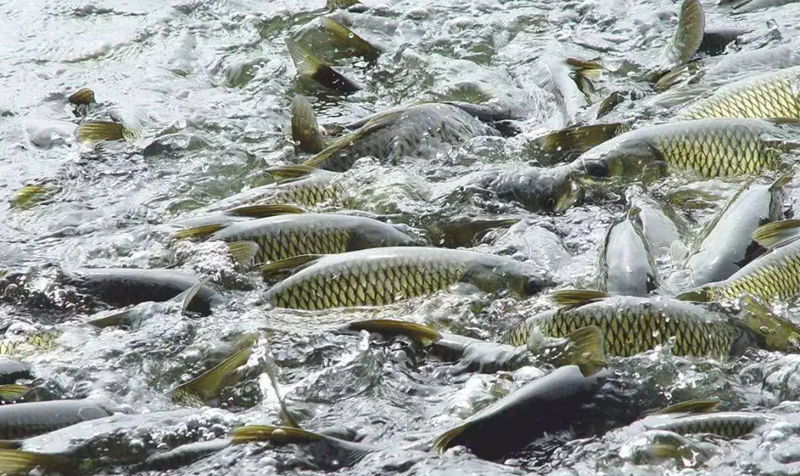Why Is Natural Betaine Popular in Aquaculture?
Betaine is derived from natural sources such as sugar beets, also found in many foods, and is often added to fish feed as a nutrient supplement. For aquaculture animals, natural betaine has become a valuable dietary supplement. It can effectively replace methionine and choline in feed and enhance animal performance. This compound offers several benefits to these aquatic species, providing them with better health, nutrition, and overall well-being.
Improved Growth and Survival
In order to reduce the use of antibiotics in aquaculture, several feed additives are used that increase animal health and resilience. Among these, Betaine is one of them and it has been shown that its addition to the diet can boost the growth and survival of fish. It can reduce the risk of diseases caused by pathogens and reduce antibiotic use in aquaculture. It increases survival of the fish and shrimps, and also the efficiency of feed utilization and decrease production costs.
The ability of Betaine to improve animal growth and survival is mainly due to its anti-oxidant properties and its ability to stimulate lipid metabolism in the liver. This is a process that involves the production of free fatty acids, which in turn requires the cofactors acylcarnitines and carnitine. The addition of betaine to the diet increases the level of acylcarnitines in the body, and thus helps prevent fatty liver disease. Betaine has also been known to act as a feeding stimulant (FS). It is known to improve feed intake in pellet-weaned fish. Moreover, it can also enhance the performance of other ingredients in a diet such as choline and taurine. It has been shown to prevent the degradation of proteins and reduce oxidative stress. It also has osmoprotectant and methyl-donating properties.
The addition of betaine in feed is helpful to improve the decreased food intake of aquatic animals in the condition of disease or stress, maintain nutrition intake and alleviate some diseases or stress reactions. Betaine helps to resist cold stress below 10℃ and is an ideal feed additive for some fish in winter. It can be added to the feed of pellet-weaned fish at concentrations of 0.1 M, but its effectiveness will depend on the species. For example, the feeding stimulant effect of glycine betaine was observed in fish that had broadly tuned sensory units innervating the anterior pallate and were responsive to a concentration of 10-4 M; while proline thresholds were lower at 10-8 – 10-6 M.
Improve Digestion
One of the most important benefits of betaine for aquaculture animals is its ability to improve their digestion. Betaine helps break down proteins more effectively, allowing these aquatic species to absorb more nutrients from their food. In addition, it increases digestive enzyme activity, which can help reduce gastrointestinal problems such as bloating or diarrhea. This also means that fish fed with betaine are likely to have better growth rates and higher survival rates in aquaculture systems.
Increased Feed Utilization
In general, feed is composed of various raw materials combination to fulfill the nutrient profile required by specific fish species. To enhance the dietary quality of fish, many additive compounds are added as supplements and are usually aimed at fulfilling a certain purpose, such as increasing the immunity, preventing stress, etc. The supplementation of betaine can increase the feeding efficiency of fish. It is known to promote dietary protein utilization by decreasing protein degradation, improving digestive enzymes function and the cellular fatty acid metabolism.
Betaine can be used as an attractant. Fish feeding is associated with sight, smell and taste, and the unique sweetness of betaine is an ideal attractor for fish and shrimp. Add 0.5% ~ 1.5% betaine powder in the feed can effectively stimulate fish, shrimp and other crustaceans, has improved feed palatability, shorten feeding time, promote digestion and absorption, accelerate the growth of fish and shrimp and other effects.
Increased Immunity
Betaine has been found to increase white blood cell production, helping improve immunity against disease-causing organisms. In addition, it helps protect cells from free radical damage, which can cause serious health problems in fish and other aquatic species. Dietary betaine extract can increase the absorption of carnitine, a molecule that carries long-chain fatty acids into mitochondria to be used for energy production. It also acts as a methyl group donor to improve osmotic status and ionic tolerance of membranes; reduce cellular stress; promote protein synthesis and decrease the breakdown of proteins; and stimulate the secretion of antioxidant enzymes.
Another benefit is that betaine can mitigate lipid accumulation and inflammation caused by high-fat diets in fish. It was found that dietary betaine enhances the expression of lipid metabolism genes, and significantly reduces the levels of ROS in livers by modulating Wnt10b/b-catenin signaling. In an experiment with Nile tilapia (Oreochromis niloticus), feeding betaine in combination with either spirulina or choline improved survival after challenge by Aeromonas hydrophilia and reduced the level of stress hormones.
Overall, natural betaine is an important dietary supplement for aquatic species kept in aquaculture systems. Its ability to provide improved digestion, reduce stress levels, and enhance immunity makes it a valuable nutrient source that can help ensure better health and wellbeing for these animals. With its potential to improve the performance of aquaculture systems, natural betaine is a valuable addition for any aquaculture farmer.
Sources:
https://www.tzachi-solutions.com/blog_bio/natural-betaine-benefits-in-aquaculture/
https://www.titransition.org/the-importance-of-betaine-in-fish-aquaculture/
https://www.ncbi.nlm.nih.gov/pmc/articles/PMC4810098/



